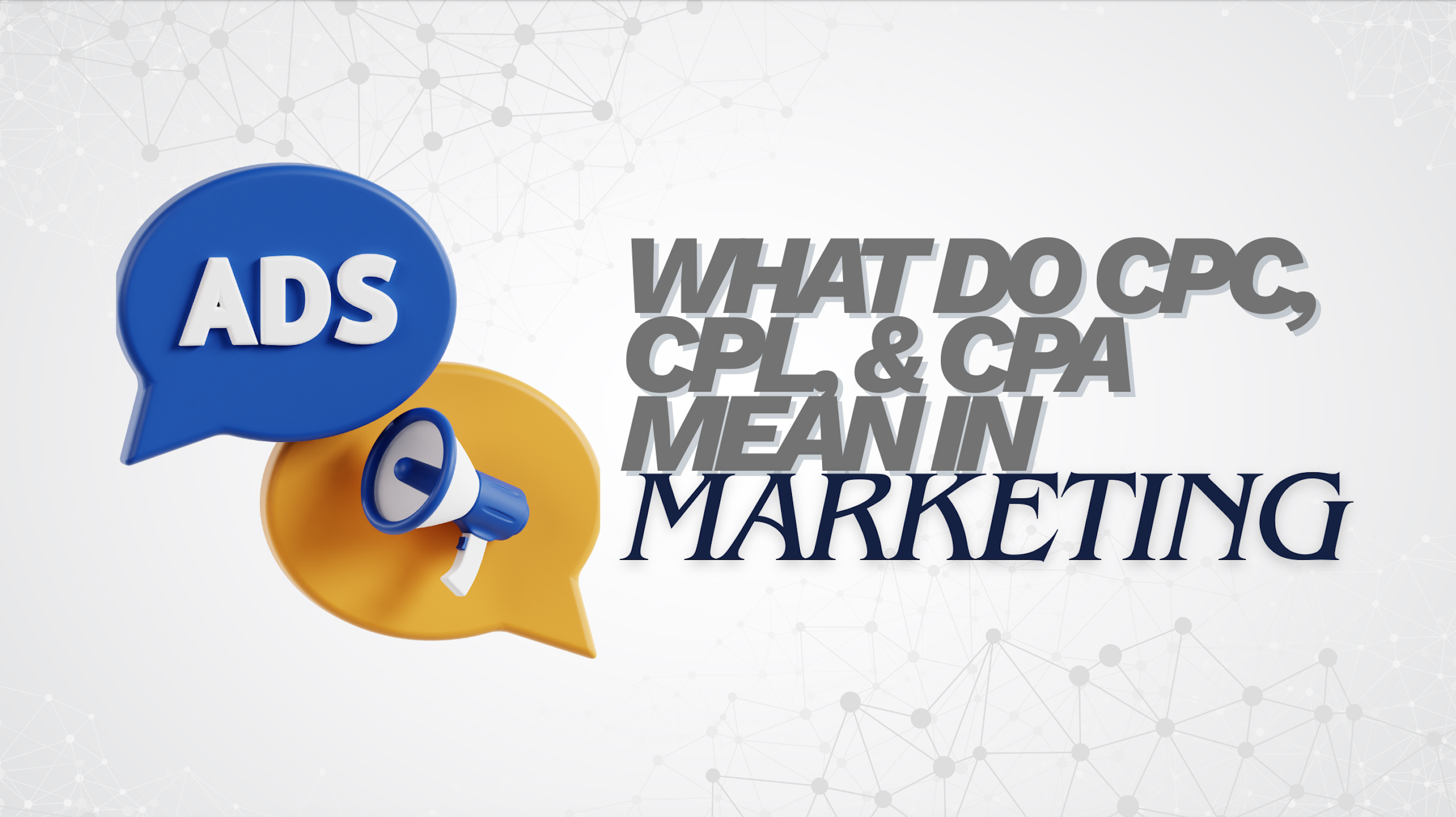Why SEO Matters for Your Social Media Strategy

Social media plays an important part in your consumers’ purchase journeys. In many ways, it's as important as a traditional search engine because it offers a real human factor. 75% of people between the ages of 18 and 26 consider recommendations on social media when researching a product before they purchase it. So, when customers like your page, mention your brand name, or tag your brand page in a post, their peers are likely to see this as an endorsement of trust.
Social media usage is already deeply embedded in your consumers’ daily lives, and the function of social media has evolved tremendously. Many use it to immerse themselves in things they are already interested in but also to learn new things. For example, if someone wanted to find easy baking recipes for beginners, they would possibly search for step-by-step tutorials on video-centric platforms like Youtube. If someone is a passionate yogi, they would maybe follow certain hashtags or visit influencers on Instagram and Facebook. If someone is about to embark on a home renovation project, they would be inclined to find design inspiration and DIY tips on Pinterest.
In many ways, social media can function similarly to a search engine. To maximize this potential, business owners must apply keyword research and optimization strategies to boost visibility on social media.
Let's get into it in more detail.
Using Keywords On Social Media
Keywords are the bridge between relevant consumers in need and your business. Making yourself and your business “searchable” through strategic keywords on social media will help connect you with your target audience.
Most social media platforms are either text-based or have text-specific fields that you can optimize with keywords to boost your searchability on the platform. In this article, we’ll focus on four platforms that are increasingly being used as search engines: LinkedIn, Pinterest, Instagram, and YouTube.
LinkedIn: The Ultimate Social Media Search Engine
No matter who or what you’re trying to sell – whether yourself to land a new job, your business to partner with another business, or your services/products to consumers – you have to be on LinkedIn. An estimated 28% of American adults are on LinkedIn and approximately 31% of LinkedIn visitors are based in the US. It has a strong track record for businesses, considering that more than 57 million companies are listed on the platform, including 92% of Fortune 500 companies.
Importantly, LinkedIn works like a search engine, not unlike Google! When a user is looking for something, or someone, they type that into the search field. Maybe they need to hire a digital marketing agency or a freelance video editor. And then LinkedIn gives them search results based on their query.
This means that if you want to rank high in search results for keywords that matter to you, then your profile and your content need to be optimized! Take the keywords that matter to you as a professional and sprinkle them throughout your page. This includes your name/title, headline, summary, and job history, when applicable. If you're posting an image, include an alt text that describes it. This could be another opportunity to use important keywords.
You can also make your posts keyword-friendly, and be strategic with your LinkedIn hashtags. This will help you become more visible on the platform.
Using Keywords on Pinterest

Pinterest is primarily a photo- and video-centric platform but strongly functions like a search engine because people find relevant visuals by typing in keywords. Almost nine out of 10 pinners use the platform for inspiration on what to buy, and 98% of study respondents said that they try new things that they found on the site. 95% of top searches are not branded, so it’s important to optimize your pin descriptions with relevant words and phrases to reach out to your audience and consumers. Pinterest’s Guided Search feature suggests related keywords based on what pinners have searched for in the past, so you can use this as an indicator of what people are looking for.
Remember, when a pinner searches for something on Pinterest, the platform will deliver results based on what's most relevant and well-optimized. You want to show up high in these search results.
Instagram: A Blossoming Search Engine
With approximately 37% of US-based adults using the platform, and a potential advertising reach of 140 million, Instagram is one of the most important social media platforms to maximize.

Instagram is actively working on fine-tuning its search capabilities to enable users to find content based on keywords, both in account names, bios, and through hashtags but also within post content itself. (Learn more about the Instagram hashtag strategy that we're obsessed with.) It's using machine learning that takes into account a mix of factors such as content type, captions, the date of posting, and other forms of surface-relevant results to find the best quality and relevant content for users, based on what they're searching for.
Similar to LinkedIn, you can also add image alt texts to your Instagram posts!
This one is still a work in progress, but you should get on the bandwagon now, because keywords will become more important on Instagram over time. The best moment to get into the swing of things is yesterday. *wink*
YouTube
Lastly, we've got YouTube. Did you know that this is the world's second largest search engine? Did you also know that it happens to be owned by the world's biggest search engine? (Google!)
So yes, you could kind of say that keywords are a big deal.
They should be in your title, description, the file name of your thumbnail, and the file name of the video that you upload. This is a whole other blog in and of itself. Thankfully, we already wrote it! Learn all about YouTube SEO.
This blog just scratches the surface on the importance of optimizing your social media with keywords. Each social media site is different because of its consumer usage, available features, and algorithms. Things can get a little confusing, and they sometimes change by the day. If you want someone to take the responsibility off your plate, then contact LSM today to book a free consultation.





